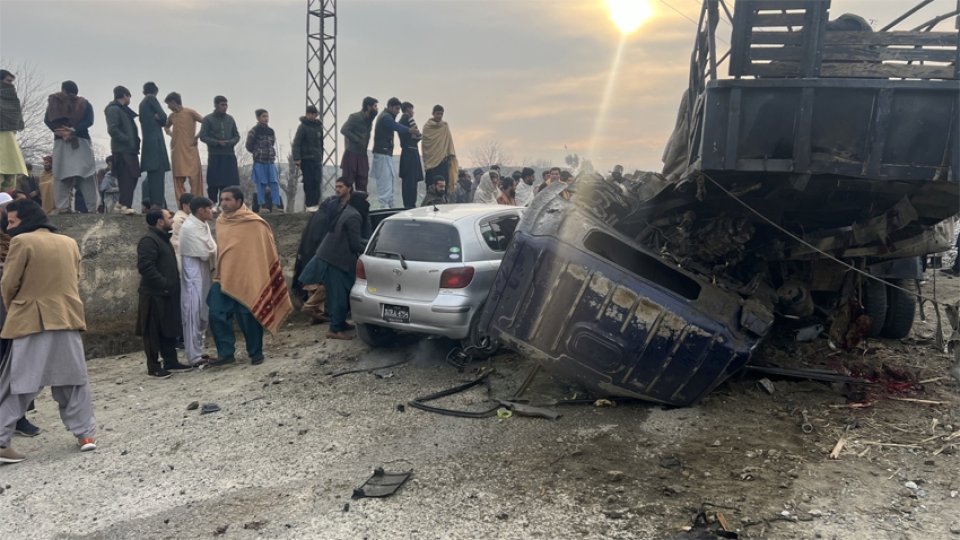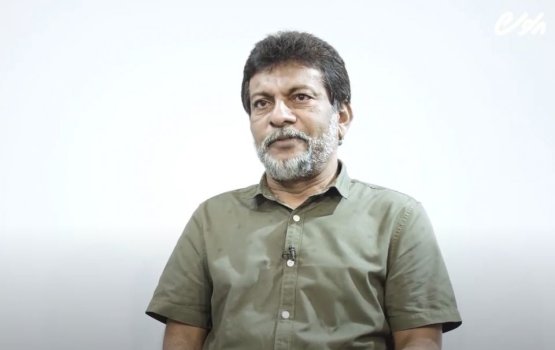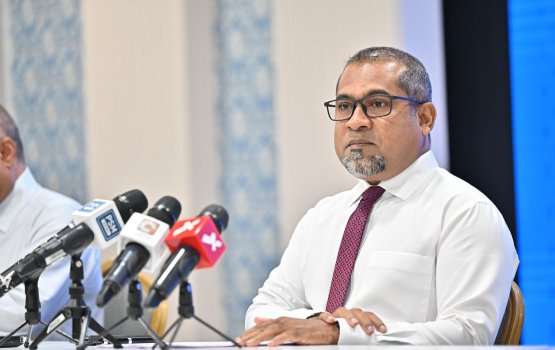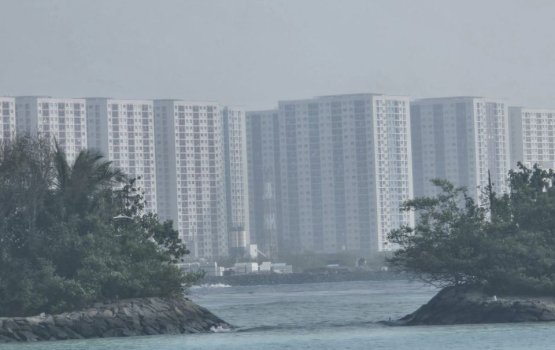ISLAMABAD, Nov 9 — Pakistan has signalled a cautious approach in its dealings with Afghanistan following recent cross-border airstrikes, as concerns grow over potential escalation and domestic instability. Analysts say Islamabad is reluctant to engage in a long-term conflict given limited international support, economic pressures and political uncertainty at home.
The airstrikes, aimed at targets linked to the Tehrik-e-Taliban Pakistan (TTP), drew sharp reactions from Kabul and added to already strained ties between the neighbours. Pakistan maintains the operations were a response to militant activity along the border, while Afghan officials condemned the strikes as a violation of sovereignty.
Political analyst Sami Yousufzai said further military action could complicate the situation. “Pakistan should avoid steps that could worsen relations or increase public support for the TTP. Such actions rarely eliminate insurgent groups,” he said. Security expert Ihsanullah Tipu noted that thousands of TTP fighters are believed to operate near the border and could retaliate against Pakistan.
According to Joshua White, professor of international affairs at Johns Hopkins University, Islamabad’s policy options are constrained. “The Taliban leadership that Pakistan supported during the two-decade insurgency is now sheltering militants targeting Pakistan,” he said.
Relations between the two countries have deteriorated since the Taliban’s takeover of Kabul in 2021. Rising cross-border violence, the return of Afghan refugees and limited Western engagement have complicated Pakistan’s regional position. Dr Chietigj Bajpaee of Chatham House said Pakistan’s strategic leverage in Western capitals has waned since the U.S. and NATO withdrawal from Afghanistan.
Geopolitical analyst Malik Ayub Sumbal said the use of air power underscores Islamabad’s security challenges. “Pakistan needs to focus on diplomacy and work with regional partners to address cross-border militancy and stabilise ties,” he said.
China, a key partner of Pakistan, urged restraint and called on both sides to resolve differences through dialogue. “Beijing’s neutral position highlights Pakistan’s limited room for manoeuvre,” said one South Asian diplomat.
Prime Minister Shehbaz Sharif has since said Pakistan remains open to talks. “If they want to resolve issues through dialogue on valid conditions, we are ready,” he said. The Taliban, however, claimed that a ceasefire was initiated at Islamabad’s request.
Kabul-based political analyst Abdullah Baheer said civilian casualties from airstrikes undermine Pakistan’s objectives. “No key TTP figures were reported killed. Bombing across the border has historically proven ineffective,” he said.
Economically, Pakistan faces mounting challenges. The World Bank and IMF have described the country’s outlook as “fragile,” citing high external risks and limited fiscal space. Yousuf Nazar, former head of Citigroup’s Emerging Markets Investments, warned that any escalation could threaten financial stability. “Further conflict would raise borrowing costs and disrupt IMF support,” he said.
In an editorial, Pakistan’s leading newspaper Dawn urged restraint. “There is an urgent need to address the underlying issues affecting Pak-Afghan ties and prevent a wider conflict,” it said. “While national defence is paramount, a drawn-out confrontation should be avoided.” (Source: dailyasianage)







